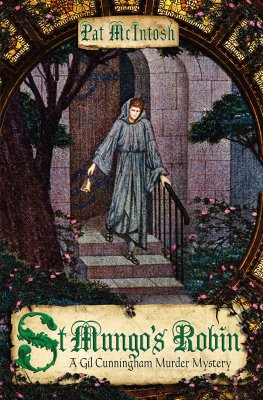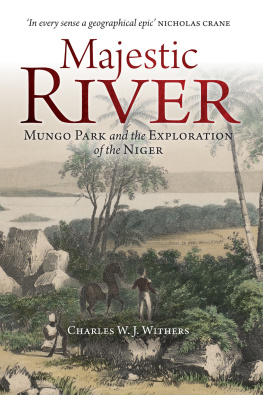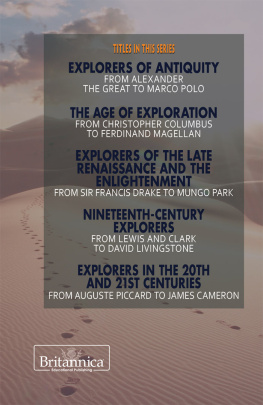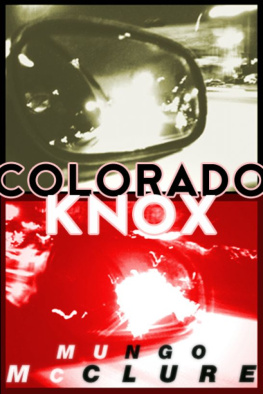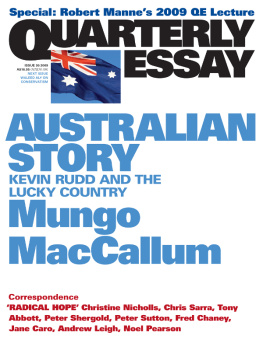INTRODUCTION
Mungo Park was born on the 10th of September, 1771, the son of a farmer at Fowlshiels, near Selkirk. After studying medicine in Edinburgh, he went out, at the age of twenty-one, assistant-surgeon in a ship bound for the East Indies. When he came back the African Society was in want of an explorer, to take the place of Major Houghton, who had died. Mungo Park volunteered, was accepted, and in his twenty-fourth year, on the 22nd of May, 1795, he sailed for the coasts of Senegal, where he arrived in June.
Thence he proceeded on the travels of which this book is the record. He was absent from England for a little more than two years and a half; returned a few days before Christmas, 1797. He was then twenty-six years old. The African Association published the first edition of his travels as Travels in the Interior Districts of Africa, 17957, by Mungo Park, with an Appendix containing Geographical Illustrations of Africa, by Major Rennell.
Park married, and settled at Peebles in medical practice, but was persuaded by the Government to go out again. He sailed from Portsmouth on the 30th of January, 1805, resolved to trace the Niger to its source or perish in the attempt. He perished. The natives attacked him while passing through a narrow strait of the river at Boussa, and killed him, with all that remained of his party, except one slave. The record of this fatal voyage, partly gathered from his journals, and closed by evidences of the manner of his death, was first published in 1815, as The Journal of a Mission to the Interior of Africa in 1805, by Mungo Park, together with other Documents, Official and Private, relating to the same Mission. To which is prefixed an Account of the Life of Mr. Park.
H. M.
CHAPTER I.
JOURNEY FROM PORTSMOUTH TO THE GAMBIA.
Soon after my return from the East Indies in 1793, having learned that the noblemen and gentlemen associated for the purpose of prosecuting discoveries in the interior of Africa were desirous of engaging a person to explore that continent, by the way of the Gambia river, I took occasion, through means of the President of the Royal Society, to whom I had the honour to be known, of offering myself for that service. I had been informed that a gentleman of the name of Houghton, a captain in the army, and formerly fort-major at Goree, had already sailed to the Gambia, under the direction of the Association, and that there was reason to apprehend he had fallen a sacrifice to the climate, or perished in some contest with the natives. But this intelligence, instead of deterring me from my purpose, animated me to persist in the offer of my services with the greater solicitude. I had a passionate desire to examine into the productions of a country so little known, and to become experimentally acquainted with the modes of life and character of the natives. I knew that I was able to bear fatigue, and I relied on my youth and the strength of my constitution to preserve me from the effects of the climate. The salary which the committee allowed was sufficiently large, and I made no stipulation for future reward. If I should perish in my journey, I was willing that my hopes and expectations should perish with me; and if I should succeed in rendering the geography of Africa more familiar to my countrymen, and in opening to their ambition and industry new sources of wealth and new channels of commerce, I knew that I was in the hands of men of honour, who would not fail to bestow that remuneration which my successful services should appear to them to merit. The committee of the Association having made such inquiries as they thought necessary, declared themselves satisfied with the qualifications that I possessed, and accepted me for the service; and, with that liberality which on all occasions distinguishes their conduct, gave me every encouragement which it was in their power to grant, or which I could with propriety ask.
It was at first proposed that I should accompany Mr. James Willis, who was then recently appointed consul at Senegambia, and whose countenance in that capacity, it was thought, might have served and protected me; but Government afterwards rescinded his appointment, and I lost that advantage. The kindness of the committee, however, supplied all that was necessary. Being favoured by the secretary of the Association, the late Henry Beaufoy, Esq., with a recommendation to Dr. John Laidley (a gentleman who had resided many years at an English factory on the banks of the Gambia), and furnished with a letter of credit on him for 200, I took my passage in the brig Endeavoura small vessel trading to the Gambia for beeswax and ivory, commanded by Captain Richard Wyattand I became impatient for my departure.
My instructions were very plain and concise. I was directed, on my arrival in Africa, to pass on to the river Niger, either by way of Bambouk, or by such other route as should be found most convenient. That I should ascertain the course, and, if possible, the rise and termination of that river. That I should use my utmost exertions to visit the principal towns or cities in its neighbourhood, particularly Timbuctoo and Houssa; and that I should be afterwards at liberty to return to Europe, either by the way of the Gambia, or by such other route as, under all the then existing circumstances of my situation and prospects, should appear to me to be most advisable.
We sailed from Portsmouth on the 22nd day of May, 1795. On the 4th of June we saw the mountains over Mogadore, on the coast of Africa; and on the 21st of the same month, after a pleasant voyage of thirty days, we anchored at Jillifrey, a town on the northern bank of the river Gambia, opposite to Jamess Island, where the English had formerly a small fort.
The kingdom of Barra, in which the town of Jillifrey is situated, produces great plenty of the necessaries of life; but the chief trade of the inhabitants is in salt, which commodity they carry up the river in canoes as high as Barraconda, and bring down in return Indian corn, cotton cloths, elephants teeth, small quantities of gold dust, &c. The number of canoes and people constantly employed in this trade makes the king of Barra more formidable to Europeans than any other chieftain on the river; and this circumstance probably encouraged him to establish those exorbitant duties which traders of all nations are obliged to pay at entry, amounting to nearly 20 on every vessel, great and small. These duties or customs are generally collected in person by the alkaid, or governor of Jillifrey, and he is attended on these occasions by a numerous train of dependants, among whom are found many who, by their frequent intercourse with the English, have acquired a smattering of our language: but they are commonly very noisy and very troublesome, begging for everything they fancy with such earnestness and importunity, that traders, in order to get quit of them, are frequently obliged to grant their requests.
On the 23rd we departed from Jillifrey, and proceeded to Vintain, a town situated about two miles up a creek on the southern side of the river. This place is much resorted to by Europeans on account of the great quantities of beeswax which are brought hither for sale; the wax is collected in the woods by the Feloops, a wild and unsociable race of people. Their country, which is of considerable extent, abounds in rice; and the natives supply the traders, both on the Gambia and Cassamansa rivers, with that article, and also with goats and poultry, on very reasonable terms. The honey which they collect is chiefly used by themselves in making a strong intoxicating liquor, much the same as the mead which is produced from honey in Great Britain.



